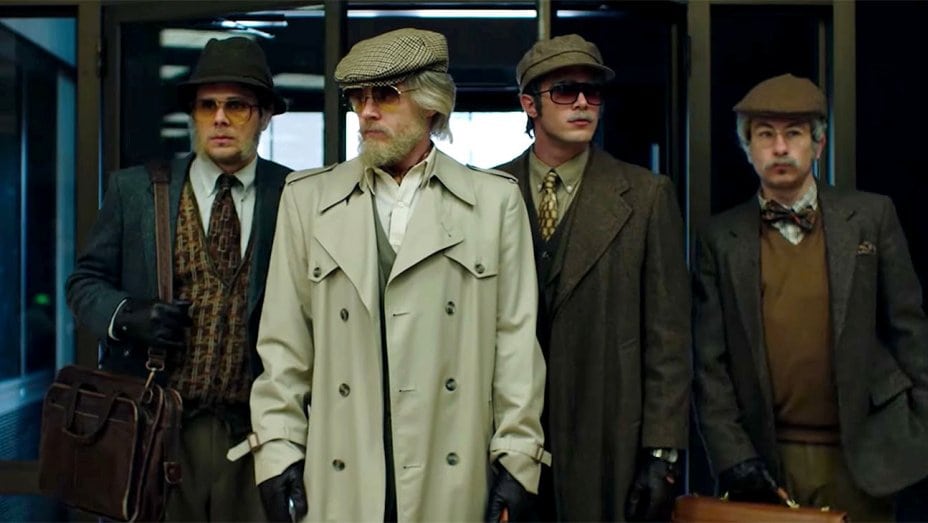
Wish: 100 Years of Wonder
“All our dreams can come true if we have the courage to pursue them.” – Walt Disney Based on Walt’s vision for dreaming big, the Disney brand has become synonymous with trying to bring child-like wonder and hope to the next generation. Now, the company reaches the pinnacle of its 100th year celebration with Wish, a delightful animated…



